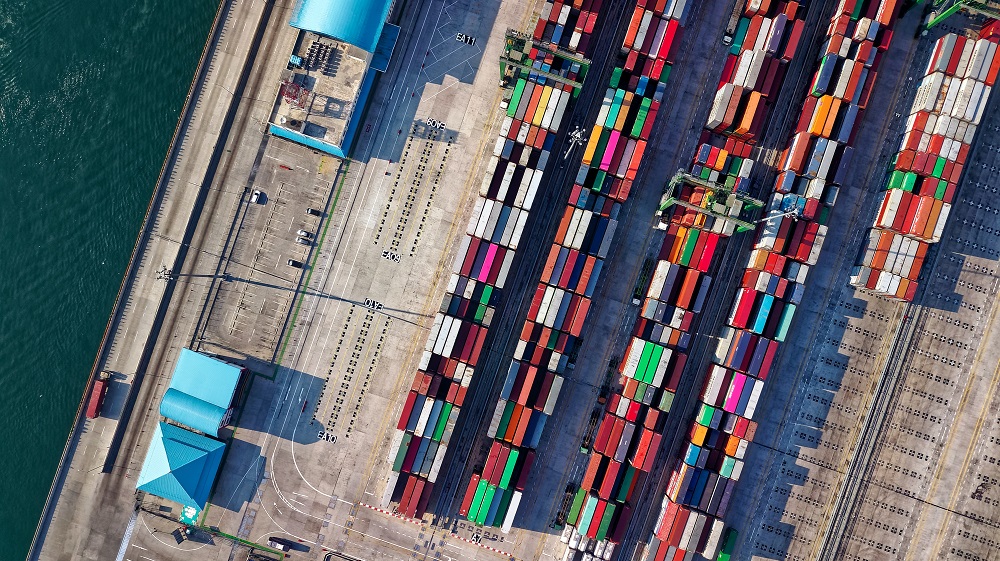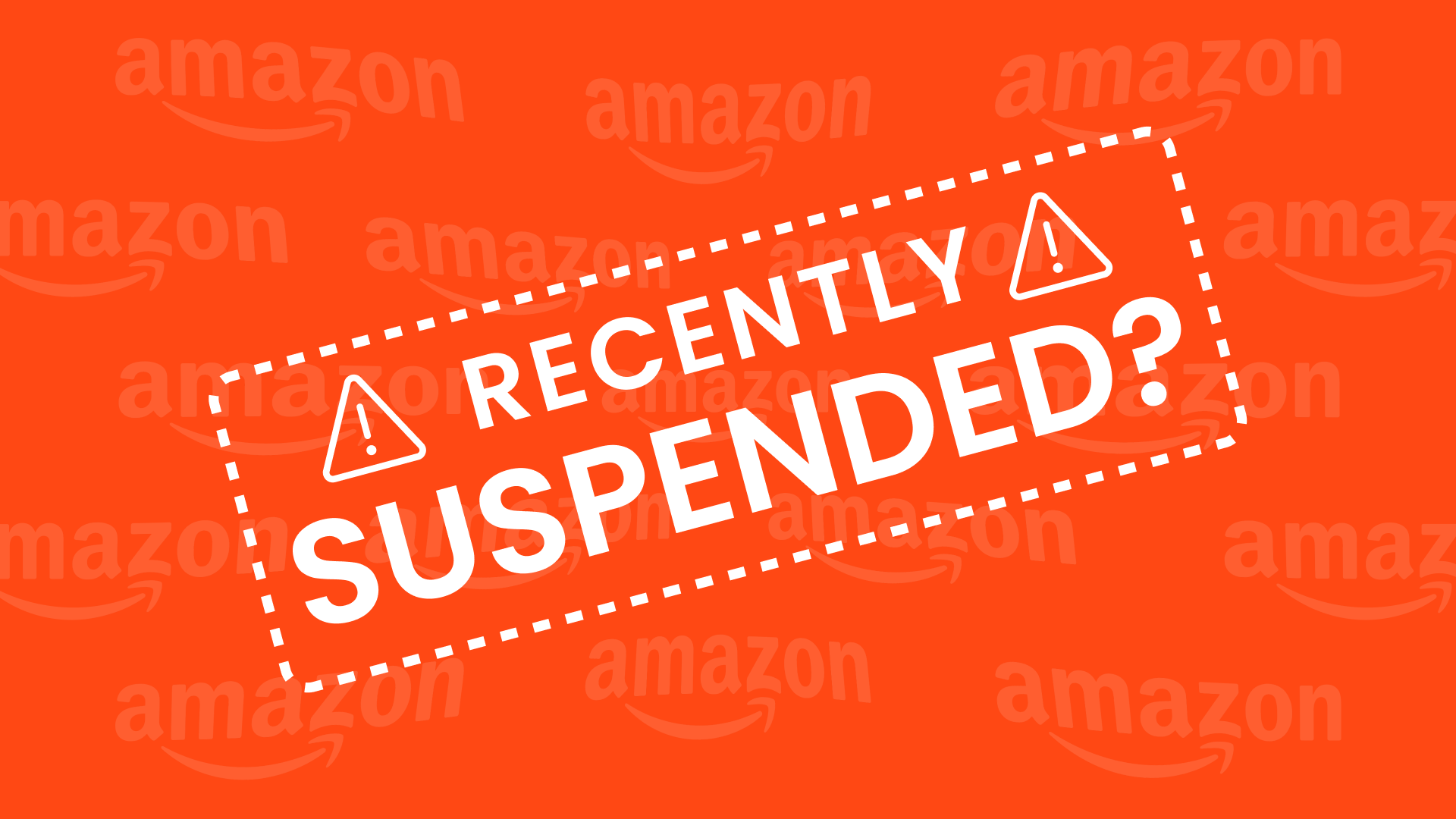
Purchasing semi-trailer equipment can be expensive, necessitating a significant number of upfront charges and expenditures. That could be out of your budget. Trailer leasing is a reasonable choice for individuals who do not want to own a vehicle. For consumers who only need a trailer for a limited time, leasing is the most common way of payment. Leasing minimizes upfront costs, improves credit, allows for better budgeting, and lowers administrative expenses for licensing registration, and service records. A step-by-step approach to semi trailer leasing companies near me is provided below:
Choosing the Best Semi-Trailer
Each company has its own set of criteria. Some companies require long-distance transportation from one location to another. Others want long-term durability for their trailers to survive 20 years or more. Others, on the other hand, require more space to move as much cargo as possible. Some folks desire all three.
The first decision you must make is the type and model of trailer you need, which will be dictated by your business. Do some online research and consult with co-workers to determine which one is best for you. Most leasing companies offer flatbed trailers with lengths ranging from 45 to 53 feet, dry vans with lengths ranging from 28 to 57 feet, refrigerated vans with lengths ranging from 45 to 53 feet, and various plate vans. The sort of carrier will eventually be determined by the type of payload.
Choose the Most Appropriate Financing
There are several choices for forming your business. For it to be effective, you must select how to finance it, and there are several lease options available:
Net Lease: We offer all initial registration and licensing, as well as all equipment. You keep the trailer in good functioning order and return it in the same condition in which you received it.
Maintenance Lease: The maintenance lease includes all licensing, equipment, and routine maintenance. One of the facilities is maintained by our skilled team.
Full-Service Lease: Includes all of the benefits of the Maintenance Lease as well as 24-hour roadside assistance on any day of the year.
Purchase/Lease: You can rent the trailer and then purchase it at the end of the lease. Finance Lease: The car is assumed to be fully owned at the end of the lease.
Conduct in-depth research
Before making any decisions, however, it is necessary to undertake complete research into all aspects of the business, including the carrier, vehicle, and financing. Determine the contract’s requirements and plan accordingly. The devil lies in the details. By going online and comparing your possibilities, you can narrow down your choices. A lot of useful guides are available to assist drivers and businesspeople along the way. Another fantastic way to conduct research is to speak with other drivers. While most drivers are willing to converse with you, some are more trustworthy than others, so double-check everything afterward.
Is it better to buy a semi-trailer or lease one?
When you lease a semi-truck rather than buy one, you reduce your financial risk. You’ll know exactly how much you’ll have to spend each month when you lease a truck, and you’ll have more flexibility in the long run than if you bought and owned one.
What is the cost of renting a trailer?
Lease prices vary by company and area but expect to pay between $800 and $1000 per month on average for a used semi-trailer. You should expect to pay roughly $3000 per month on average if you lease a new semi-trailer.










